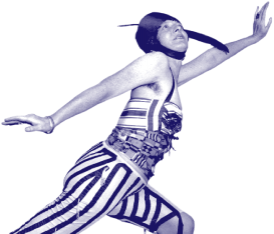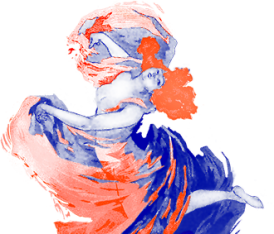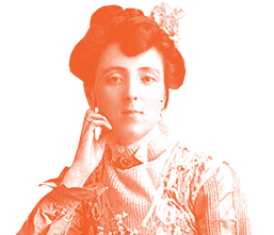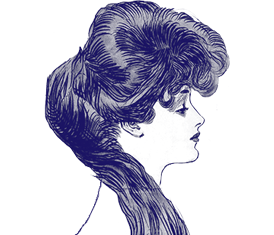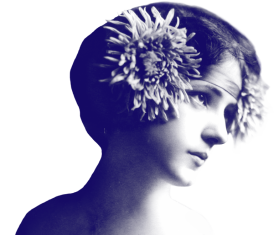Doctoral student Emma Doran attended her first international conference in Europe. She presented a paper entitled, ‘Illuminated Memories and Technological Narratives: Encountering Loie Fuller in Print Media’, at the 17th Annual Performance Studies International Conference at Utrecht University, May 25-29, 2011. Her travels were supported, in part, by the MLC Research Centre through funds provided by the Canada Research Chairs program.
The panel explored ‘Movement, Memory, Time’, and included three other speakers: Richard Allsopp (Centre for Dance, University of the Arts Berlin, and editor of Performance Research Journal), Nitin Vengurlekar (University of New South Wales), and Thomas F. DeFrantz (MIT University).
‘I attended many fascinating panels and performances during my four days at the conference,’ Emma reports. ‘The Drama Review workshop, hosted by Richard Schechner stood out as one of the most informative of these.’
Abstract:
Known for her avant-garde use of theatrical lighting, modern dance pioneer Loie Fuller (1862-1928) is portrayed as an embodiment of modernity. Employing lighting techniques that resemble new scientific, technological, and psychological innovation (prisms, kaleidoscopes, microscopic cell images, Rorschach ink blots) and yet closely associated with the ‘natural’ dance movement, on stage Fuller manifests what Bruno Latour termed a ‘quasi-object,’ neither exclusively natural nor technological. Emma Doran’s paper explores how reviews of Fuller’s choreography portray dialectical narratives—on one hand describing masculine technological utopianism associated with the West, and on the other an "Eastern” feminine sexuality. These parallel narratives, although seemingly contradictory, ultimately rely on the other for avowal.
Exploring Fuller’s dances through print media promotes discussion of how language and print technologies both facilitate and fossilize the memory of a live performance. Using a combined phenomenological and media-ecology approach , the research discusses how the newspaper medium administrates spectatorship, beyond the reach of the initial theatrical event. In particular, using phenomenology as a mode of inquiry facilitates dialogue regarding the disparities and dependencies between perception and language, and how the dance critic attempts to traverse this fissure in meaning.




